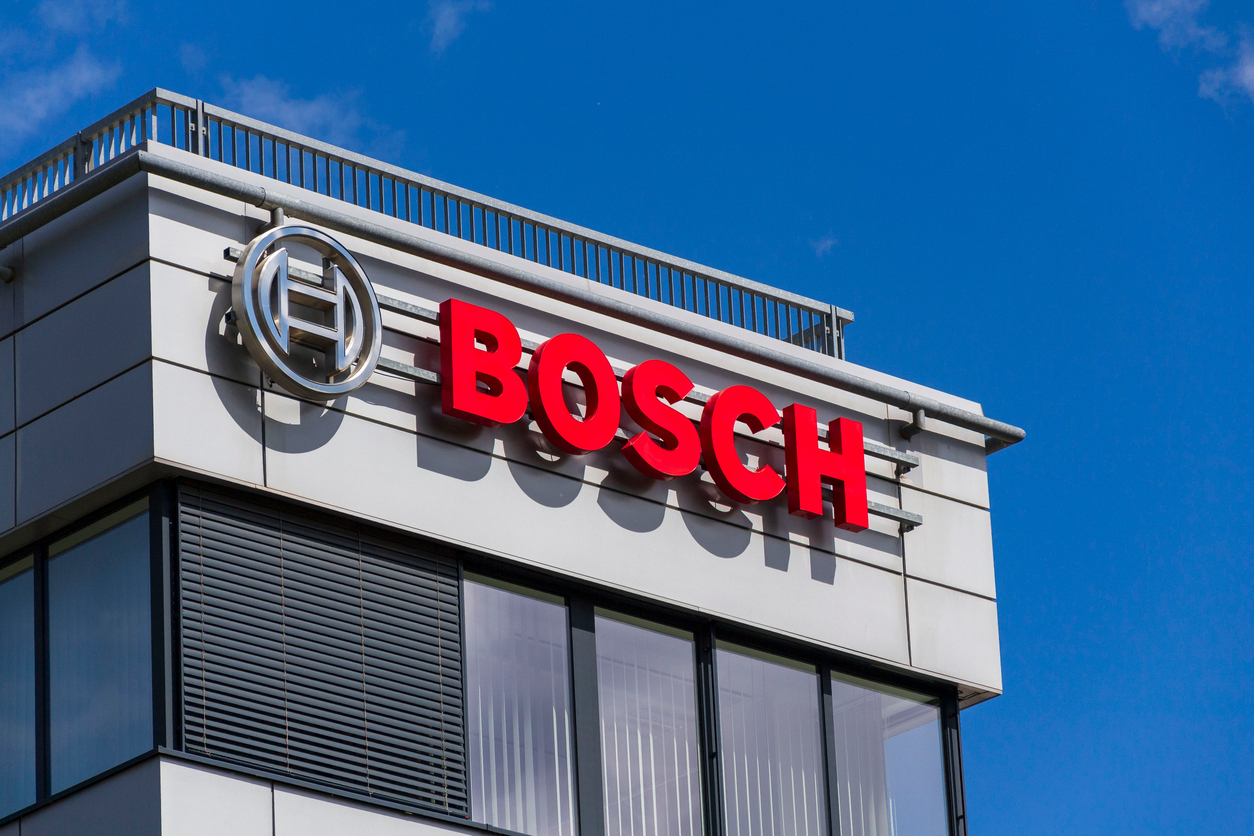Despite weakening vehicle production, the global supplier giant is focusing on digital control technologies and expects to generate billions in sales with by-wire systems by 2032.
Growth against the industry trend
While the automotive industry is struggling with stagnating production figures and delayed electrification, Bosch Mobility is optimistic. CEO Stefan Hartung is forecasting sales growth of just under two percent to around 57 billion euros in 2025. This development contrasts with the decline of 0.7% in the previous year. The technology group is focusing on electronic control systems as a growth driver. By-wire solutions for brakes and steering are expected to generate cumulative sales of over seven billion euros by 2032.
Paradigm shift in vehicle development
Mobility boss Markus Heyn describes a fundamental reversal of previous development principles: "In future, the design of the hardware will be based on the requirements of the software." In the past, the hardware determined the software architecture. This transformation requires new skills. While Bosch traditionally supplied closed systems consisting of hardware and software, modular, compatible solutions must now be developed. The software must work with different hardware components.
Strategic alliances by regional markets
Bosch pursues different cooperation strategies depending on the market. In China, the company is working with WeRide and Horizon Robotics on assistance systems, while in Europe the focus is on the partnership with VW subsidiary Cariad. China in particular is becoming a driver of innovation. Bosch has already demonstrated a vehicle there that navigates autonomously through German city traffic - trained with Chinese traffic data.
Investments in central control software
Bosch is planning to invest a three-digit million sum in the further development of its Vehicle Motion Management software by 2028. This coordinates all vehicle movements centrally and is already being used by over two dozen manufacturers. The vehicle computer business is growing by more than five percent annually. Customers include BMW and, in China, SAIC-GM for AI-based cockpit systems.
Effects on professional services
This transformation is creating new mandates for tax consultants and auditors. Complex software capitalization, valuation of intangible assets and international cooperation structures require specialist advice. The shift from hardware- to software-dominated business models is also fundamentally changing accounting standards and compliance requirements.
Related articles
Current vacancies
Most read articles
Discover more topics
Our partners
Discover exclusive jobs nationwide with us at:


Discover exclusive jobs nationwide with us at:


Discover exclusive jobs nationwide with us at:


Discover exclusive jobs nationwide with us at:


Discover exclusive jobs nationwide with us at:


















